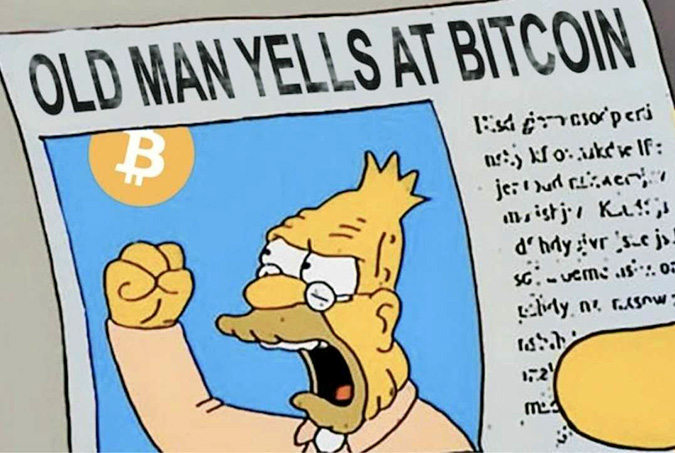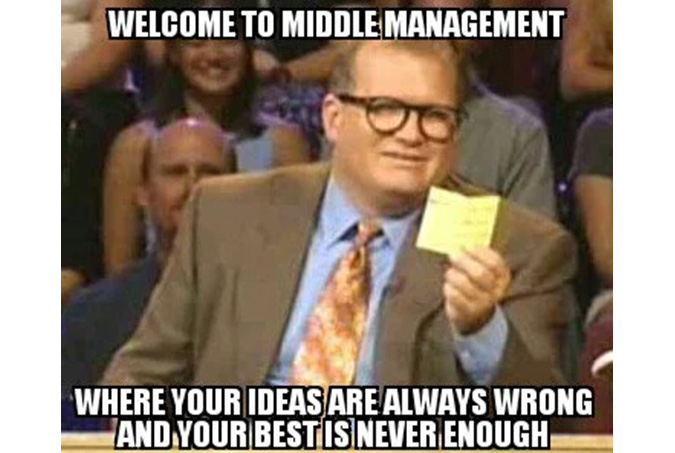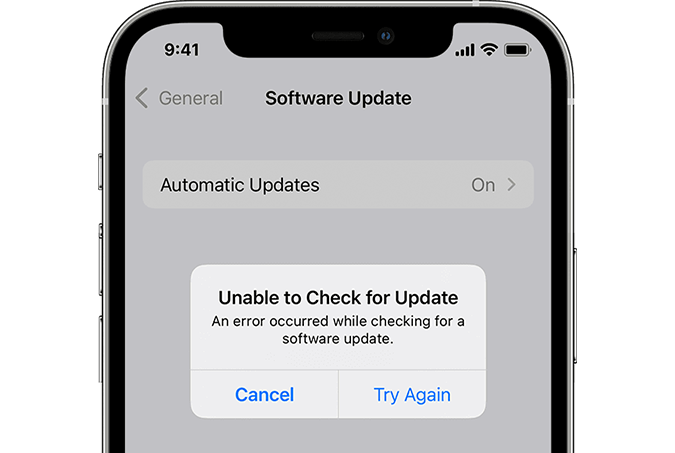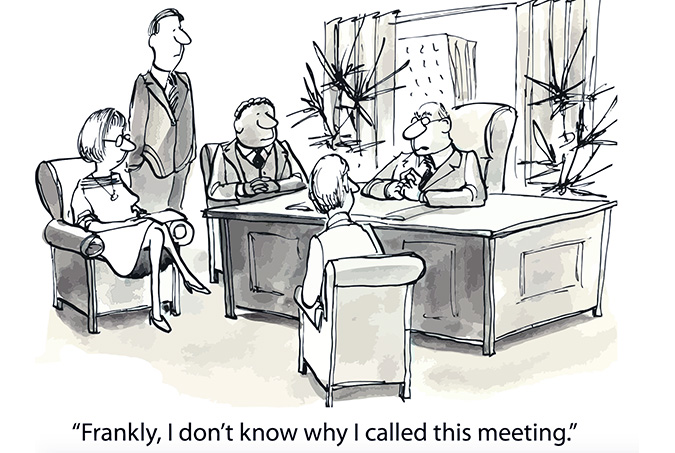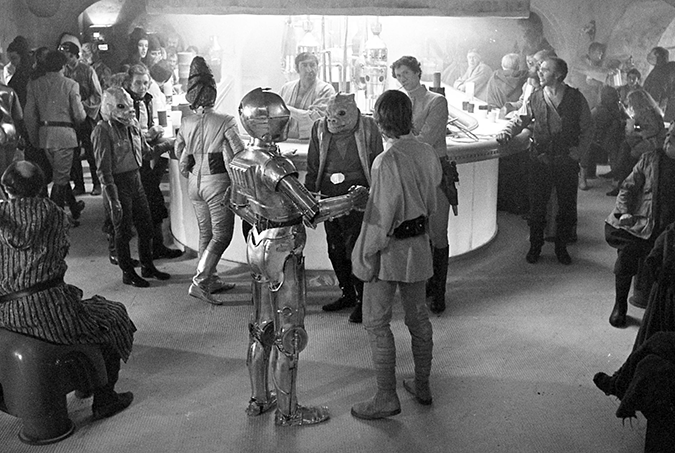To preface this piece, let me first admit to knowing nothing of substance about Bitcoin specifically nor cryptocurrency generally. I may or may not own some, which may or may not be worth anything. I genuinely don’t know about the latter and will not confirm or deny the former. But I do find the subject beguiling in no small part due to the wilful limits I’ve intentionally placed on my understanding of it. I know what I don’t know about Bitcoin, which is legion.
Still, I find it compelling that this digital hypothesis drives such extreme feelings among its detractors, supporters, and even those ambivalents such as myself. I don’t know why Bitcoin has any perceived value other than some people believe it does. To be fair, I don’t know why gold has any value either beyond its relative scarcity, its ability to be worked into objects of desire, and most importantly, because people believe it has intrinsic value.
We might even say the same thing about the Dollar, Yuan, Euro, or Shekel. We believe that it has value because we trust that it does. Governments and institutions run on this trust which creates belief. Bitcoin almost does the opposite. Its inherent structure is built on trust and verification. Not that it can’t be stolen and certainly not that it can’t be misused, but the architecture behind it seems logical and sound, unlike many of the preposterous economic voodoo powering the globally interlocked currency system. And from this intrinsic trust emerges value. That’s fascinating.
I’m as much of a spectator to the ebbs and flows of cryptocurrency as I am to the established fiat version. My instinctive reaction is that both are flawed. My speculative assumption is that they will somehow merge if and once old-world financial institutions fail to crush the newcomer in its infancy. The power associated with wealth, or perhaps more accurately greed, is an immense force, and even if the rules are changed to temporarily level the field, they will still bend under the weight of those who have more to lose than the rest of us have to gain.

